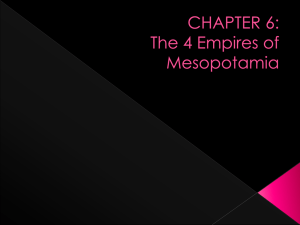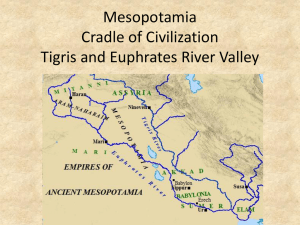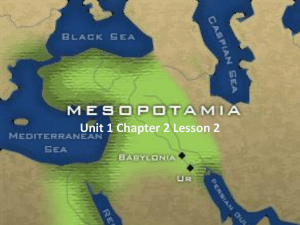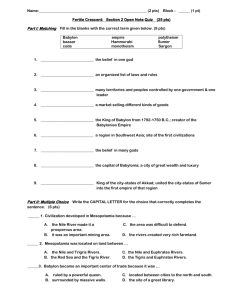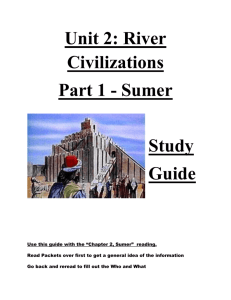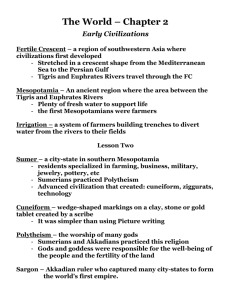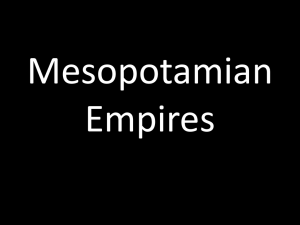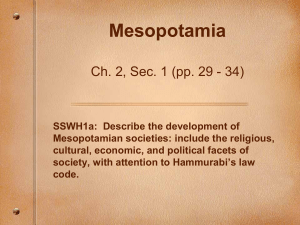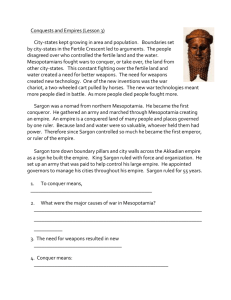What is the difference between a city-state and an
advertisement
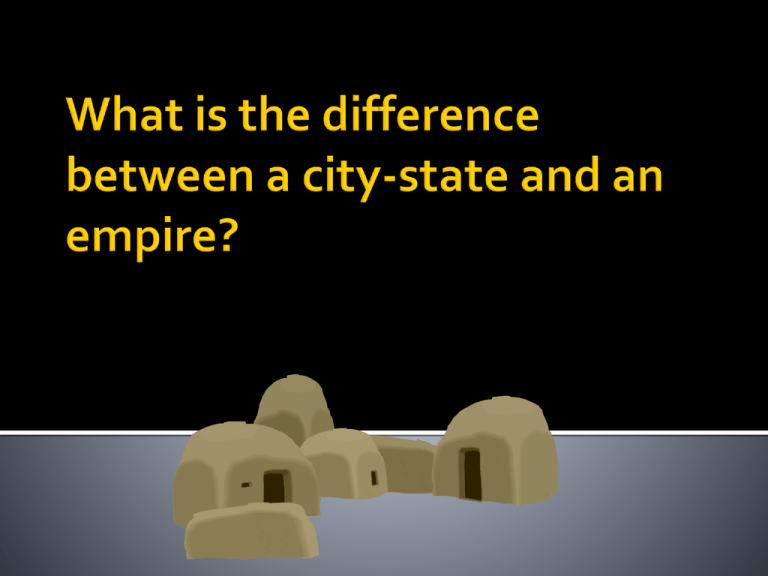
Created the first empire, united several previously independent city-states under one power. Weakened because the conquered city-states continued to struggle against the rule of a central government and because enemies could easily invade the city-states on a flat, open plain. His empire eventually fell to the Guitans, fierce warriors from the Zagros mountains. Conquered what is now Lebanon, overthrew the King of Mari and made his son king, and created the empire of Assyria. Held his lands together by trade as well as by force; exchanged Mesopotamian products for valuable foreign goods such as copper, tin and silver. Was defeated by Hammurabi and his Babylonian army. Conquered the lands east to the Zagros Mountains and south to Uruk then marched north and defeated all of Mesopotamia, including Assyria. Ruled all of Mesopotamia; maintained a strong central government and sent governors , judges, tax collectors and military commanders to all his lands; created the Code of Hammurabi, 282 carefully chosen laws of Babylonia covering all matters that were important to the people, and had it carved on a slab of stone and made public. Began to fall apart after Hammurabi’s death.

